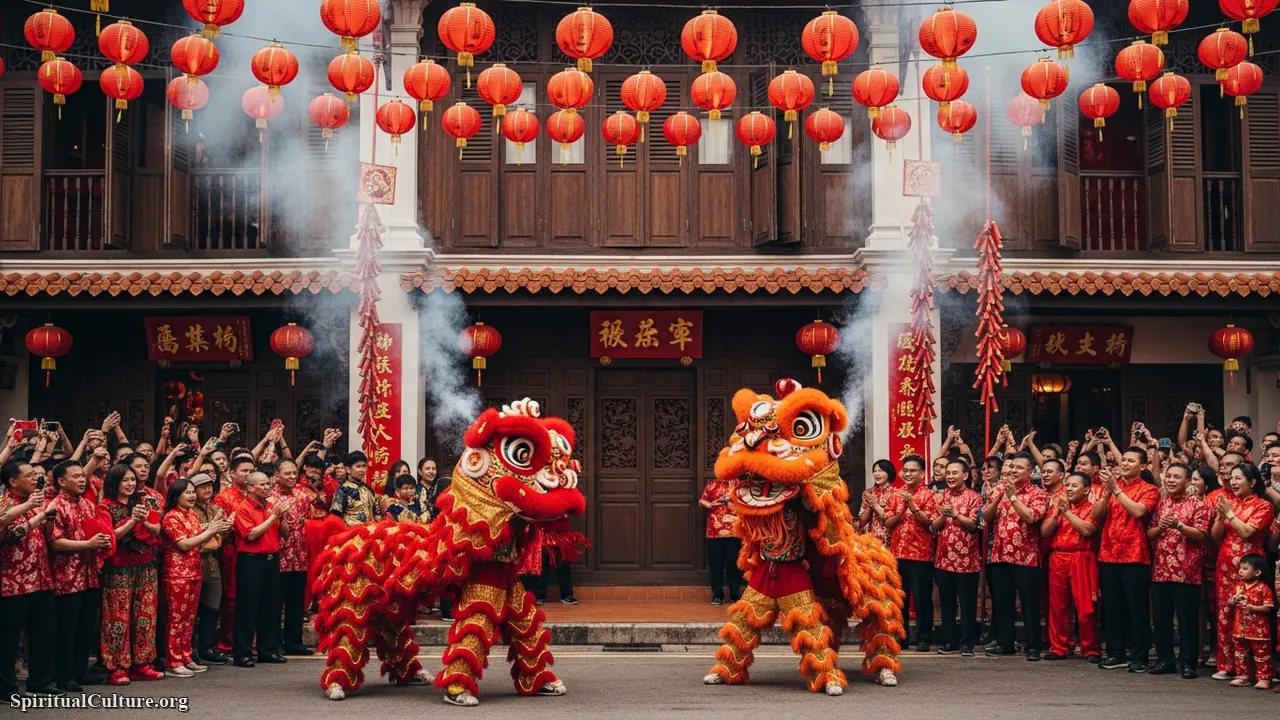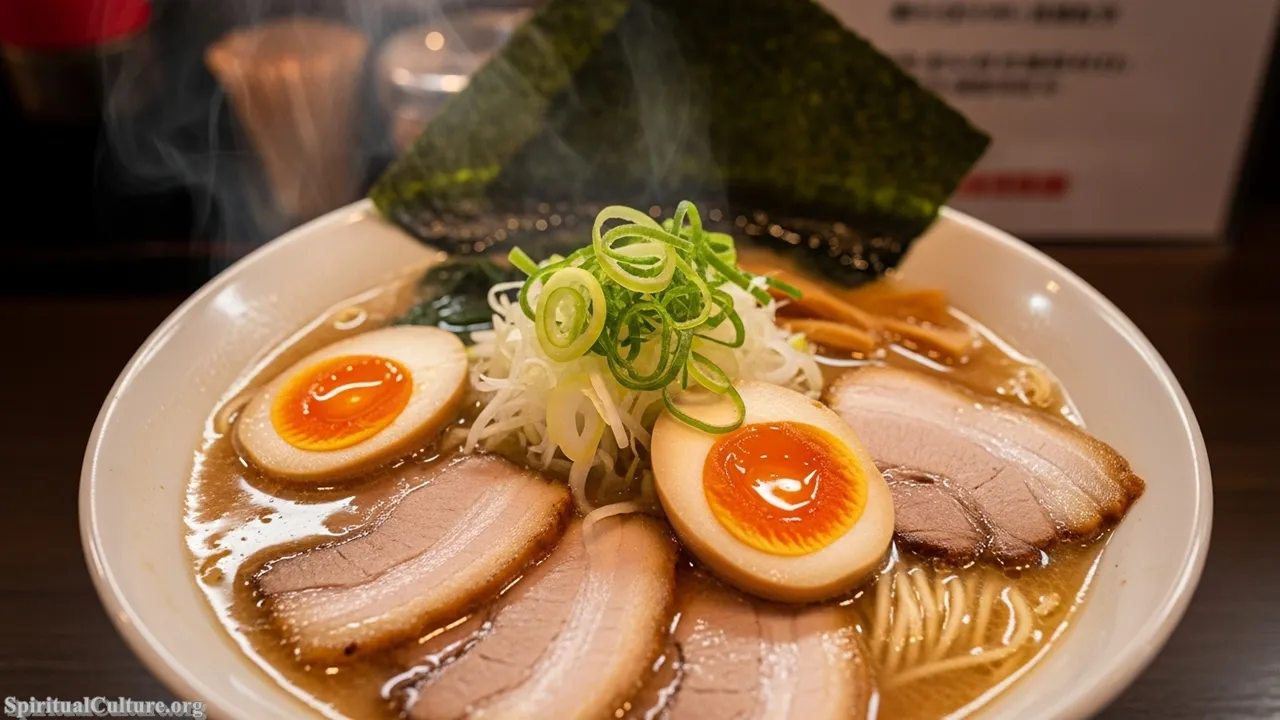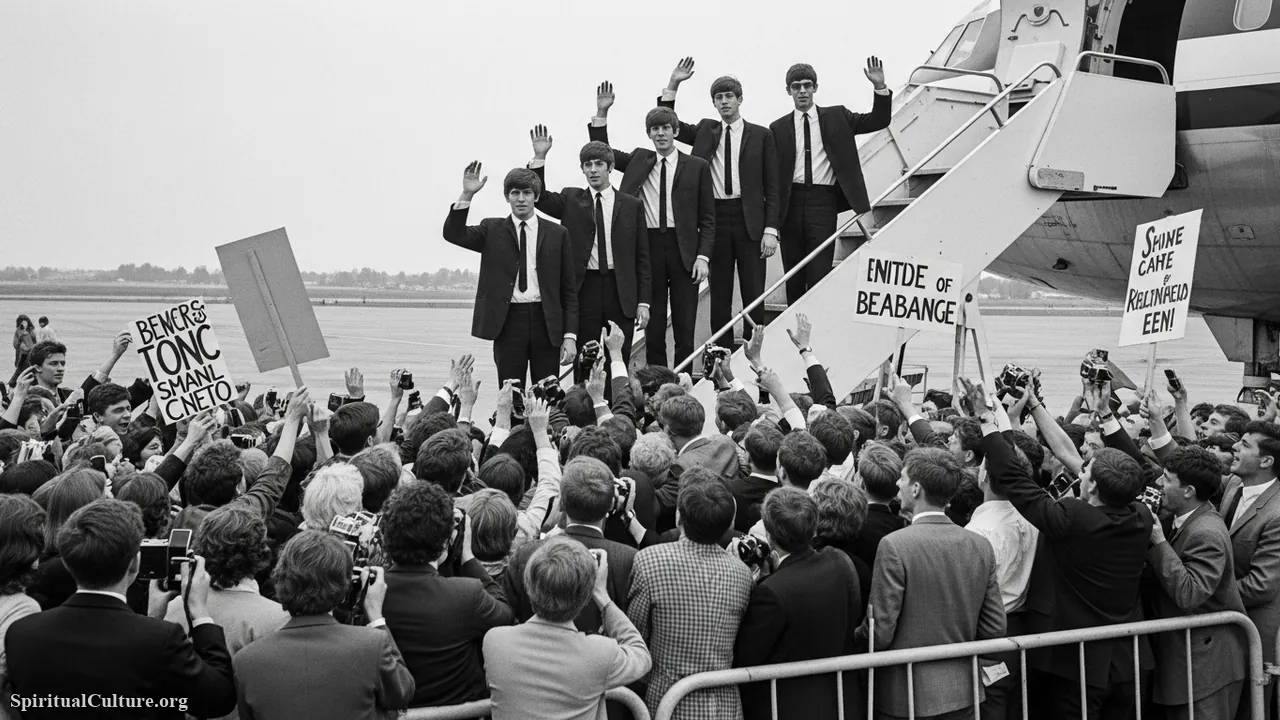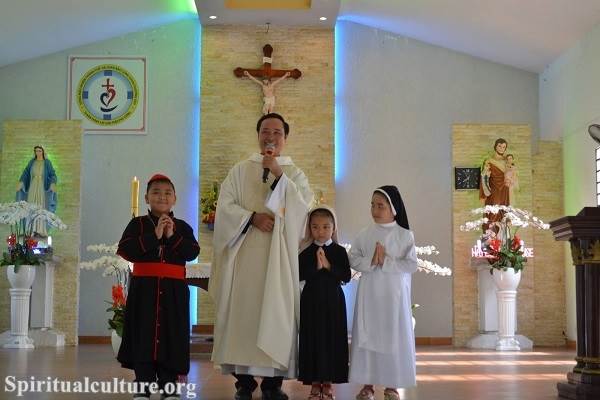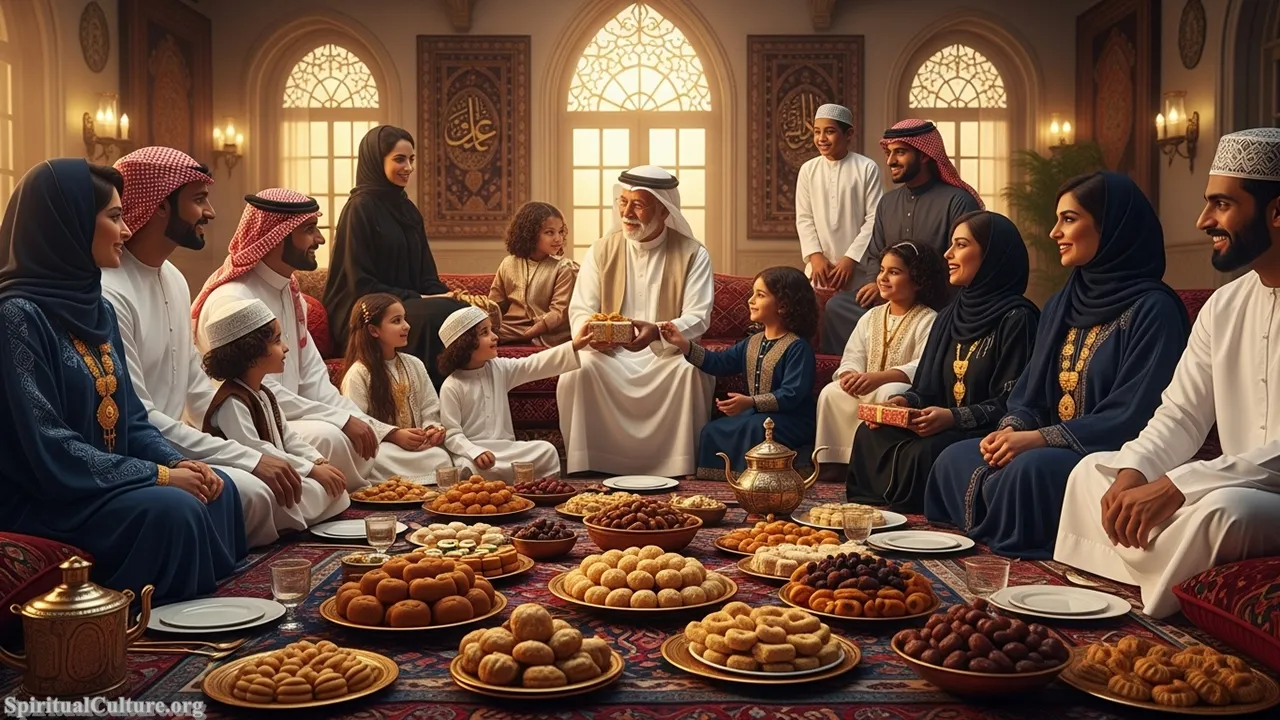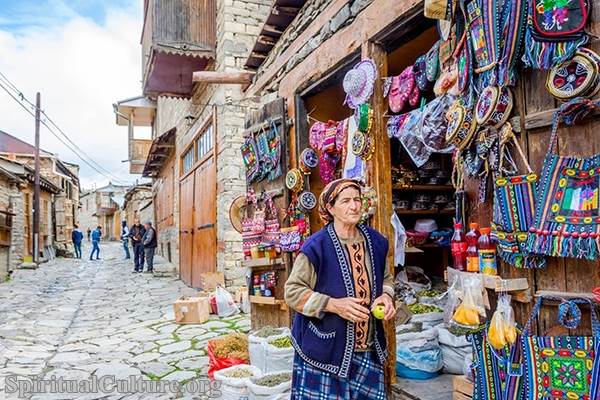Iraq’s culture is a unique blend of traditions that have been shaped by its geographical location, historical events, and various ethnic groups. This diversity is a testament to the resilience and creativity of the Iraqi people, who have managed to maintain their cultural identity in the face of numerous challenges.
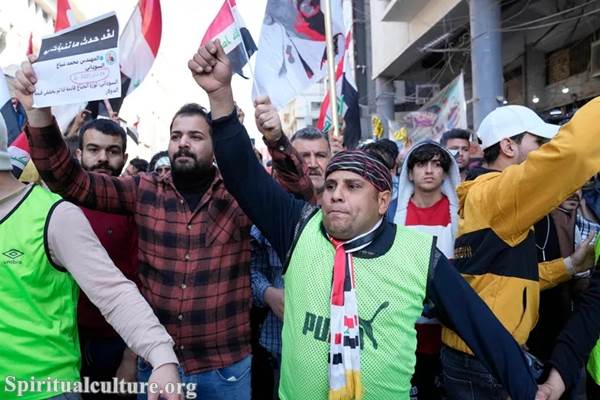
Religion and Beliefs
Religion plays a pivotal role in the culture of Iraq. The majority of Iraqis are Muslims, with a significant proportion identifying as either Sunni or Shia. However, there are also substantial communities of Christians, Yazidis, and other religious minorities. Each of these groups has its own distinct traditions and rituals, contributing to the rich tapestry of religious life in Iraq. Religion influences many aspects of daily life, including social norms, laws, and festivals. For example, the majority of Iraqis observe Ramadan as the holy month of fasting which is marked by communal prayers, feasting, and charity.
Art and Architecture
Iraq’s culture is also reflected in its art and architecture. The country is home to some of the world’s oldest architectural sites, including the ancient city of Babylon and the ziggurat at Ur. These structures bear testament to the advanced civilizations that once flourished in the region.
In more recent times, Iraqi artists and architects have blended traditional and modern styles to create a distinctive aesthetic. For instance, the Baghdad-based architect Zaha Hadid, known for her innovative designs, has gained international recognition for her work.
Music and Dance
Music and dance are integral parts of the culture in Iraq. Traditional music styles include Maqam, characterized by complex melodies and rhythms and often accompanied by poetry recitations. Folk dances like the Khigga are popular at weddings and other celebrations. Western music genres like pop and hip-hop have also gained popularity in recent years, especially among the younger generation.
Language and Literature
Arabic is the official language of Iraq, but Kurdish, Turkmen, and Assyrian are also spoken in certain regions. The country has a rich literary tradition, with contributions to Arabic literature dating back to the Abbasid Caliphate. Contemporary Iraqi literature often deals with themes of war, exile, and the struggle for identity.
Clothing and Fashion
Traditional clothing in Iraq varies by region and ethnic group. For example, men often wear a dishdasha (a long robe) and a ghutra (a headdress), while women wear an abaya (a black cloak) and a headscarf. However, Western-style clothing is increasingly common, particularly in urban areas.
Cuisine and Food
Iraqi cuisine reflects the country’s agricultural heritage, with staples including wheat, barley, rice, and dates. Popular dishes include masgouf (a grilled fish dish), dolma (stuffed vegetables), and kleicha (a date-filled cookie). Meals are often communal, with family and friends gathering to share food and conversation.
Conclusion
In conclusion, the culture of Iraq is a complex mosaic of traditions, beliefs, and practices that have been shaped by thousands of years of history. Despite the challenges faced by the country in recent years, Iraqis continue to uphold their cultural heritage with pride and resilience. From the bustling markets of Baghdad to the ancient ruins of Ur, the culture in Iraq is a testament to the enduring spirit of its people.
